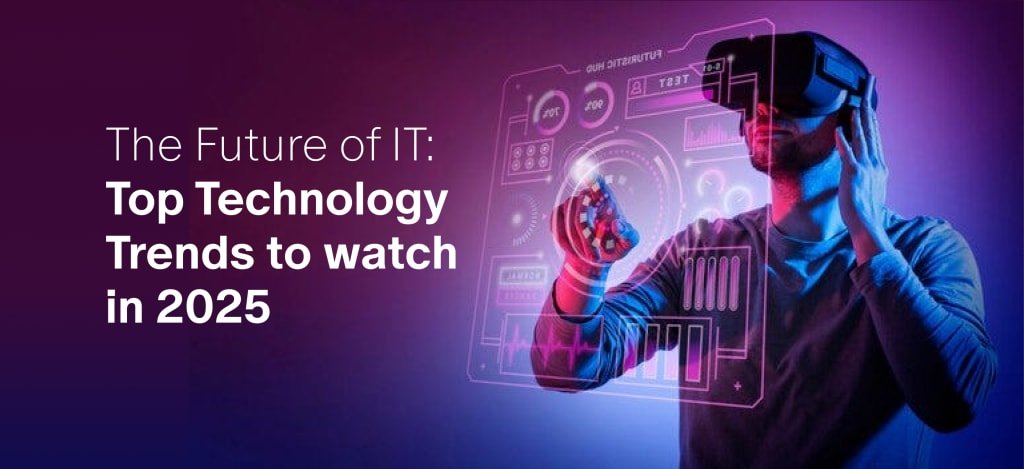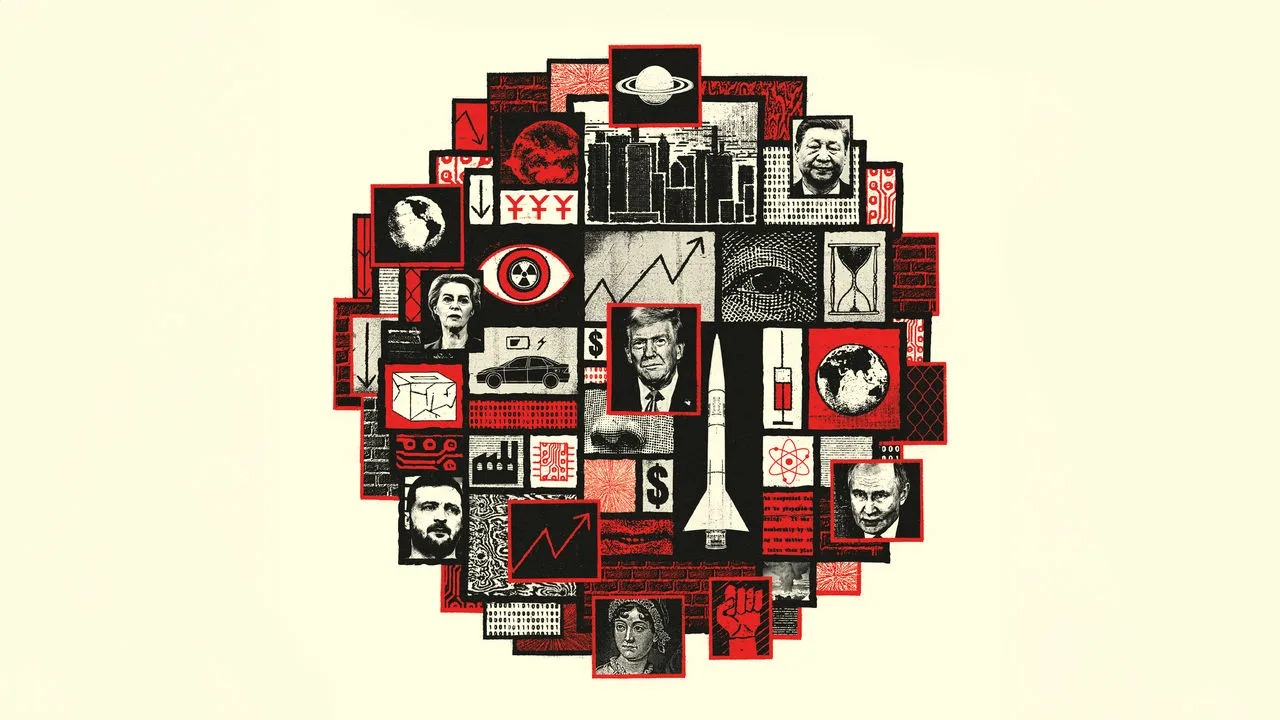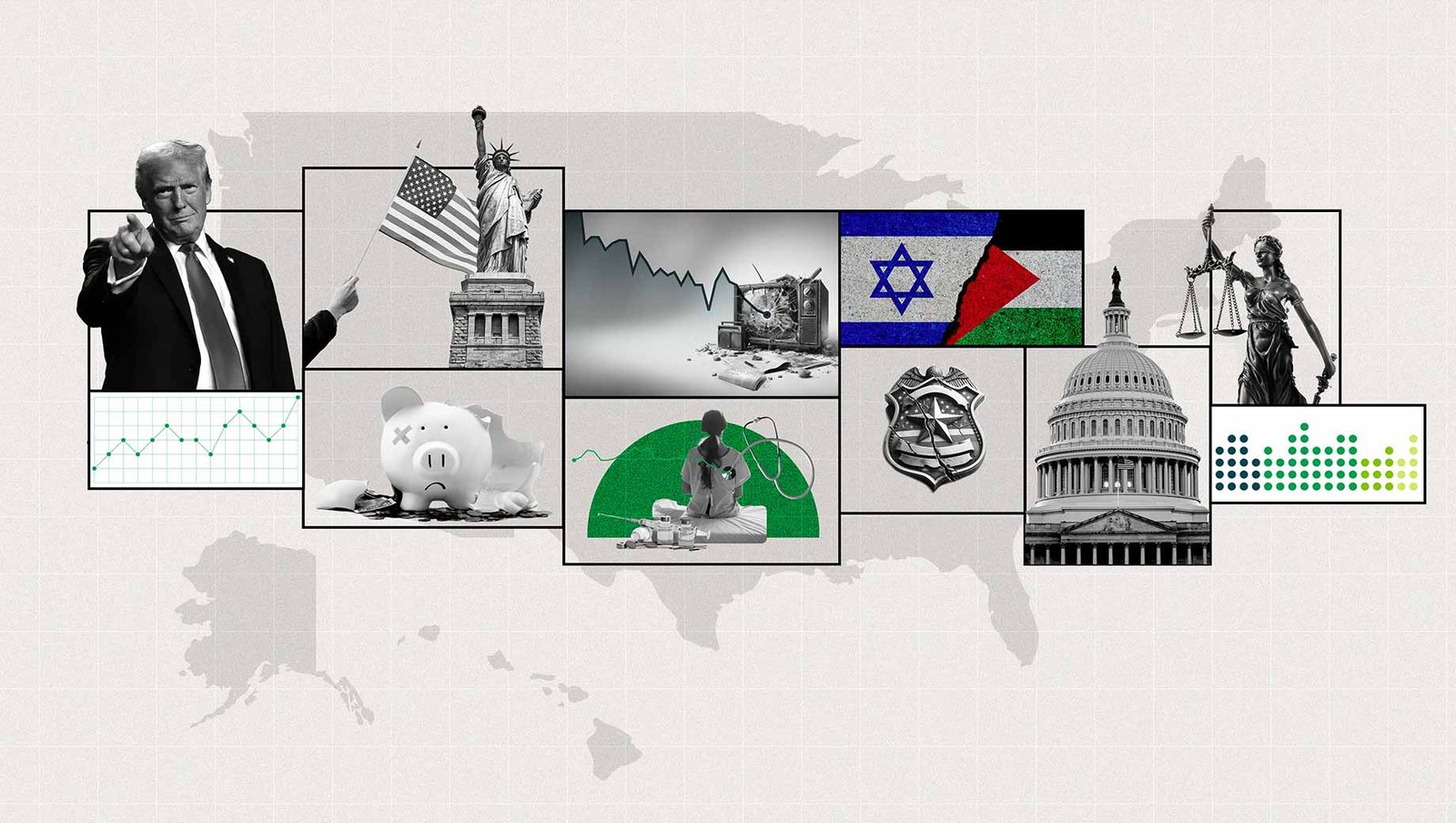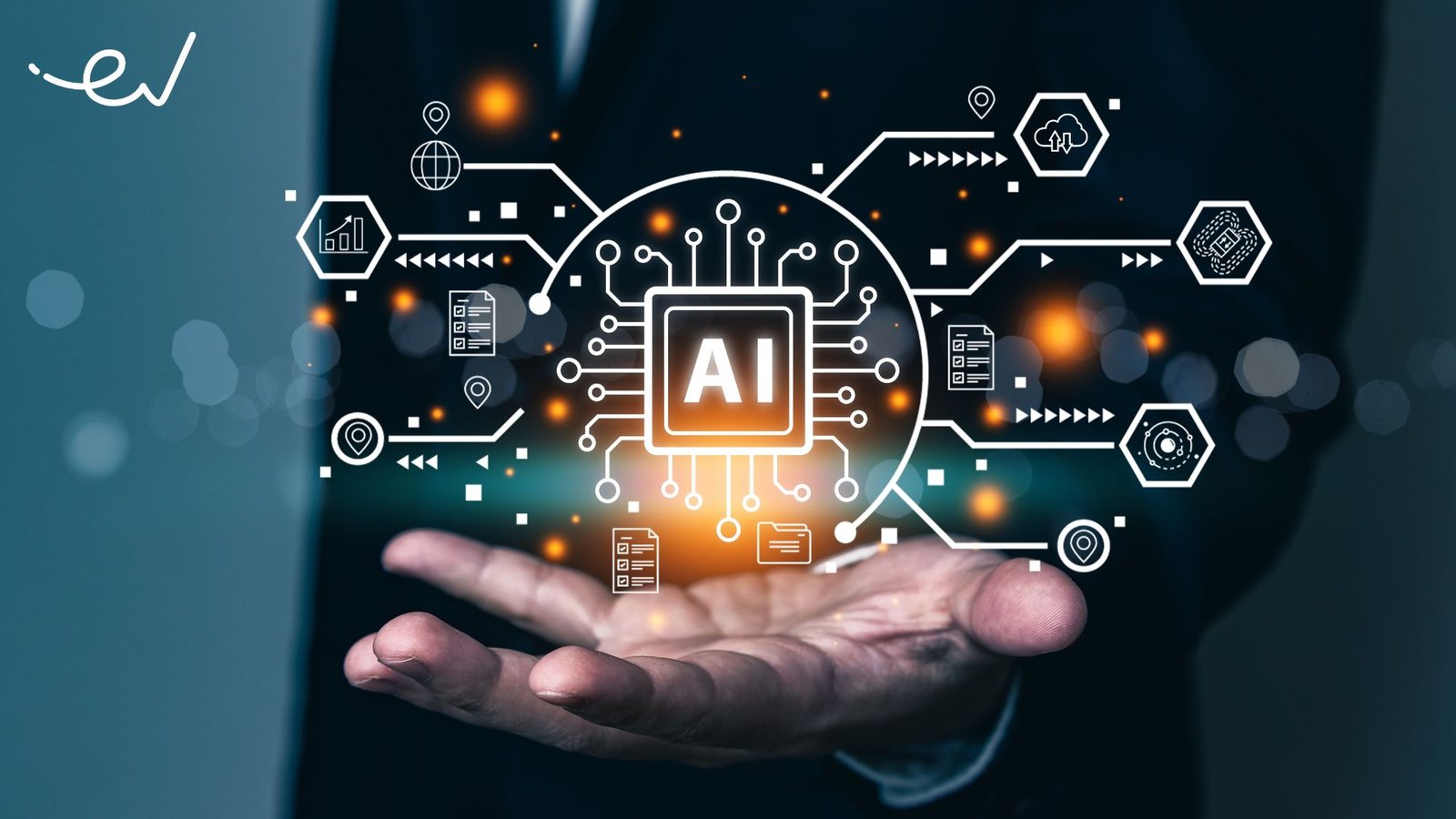Technology continues to evolve rapidly, shaping industries and redefining how we live and work. As we step into 2025, several emerging trends are set to revolutionize various sectors, from artificial intelligence (AI) to blockchain and quantum computing. This article explores the key technological advancements expected to dominate the landscape in 2025.
1. Artificial Intelligence (AI) and Machine Learning Advancements
AI continues to be at the forefront of technological innovation. With more sophisticated algorithms and increased computing power, AI is enhancing automation, data analytics, and decision-making processes. In 2025, AI is expected to improve industries such as healthcare, finance, and customer service.
Companies are leveraging AI-powered chatbots, personalized recommendations, and advanced predictive analytics to streamline operations and enhance customer experiences. Additionally, AI-driven drug discovery and diagnostics are making significant breakthroughs in the medical field.
2. The Rise of Quantum Computing
Quantum computing is gaining momentum as companies like IBM, Google, and startups push the boundaries of computational power. Unlike traditional computers, quantum computers process complex calculations at unprecedented speeds, solving problems that were once deemed impossible.
In 2025, industries such as cryptography, logistics, and pharmaceuticals are expected to benefit significantly from quantum computing applications. With advancements in quantum supremacy, businesses will experience accelerated innovation, particularly in secure data encryption and material sciences.
3. The Expansion of 5G and Beyond
The global rollout of 5G networks is transforming connectivity, enabling faster data transmission, reduced latency, and enhanced mobile experiences. In 2025, the adoption of 5G technology will accelerate advancements in smart cities, autonomous vehicles, and the Internet of Things (IoT).
Moreover, discussions surrounding 6G are already underway, promising even greater speeds and connectivity improvements. As telecom providers expand their networks, businesses and consumers will enjoy seamless digital interactions and increased efficiency.
4. Blockchain and Decentralized Finance (DeFi)
on and smart contracts are becoming mainstream, enhancing transparency and security across industries.Blockchain technology is moving beyond cryptocurrencies, driving innovations in finance, supply chain management, and cybersecurity. Decentralized Finance (DeFi) platforms are reshaping traditional banking, providing users with peer-to-peer lending, automated trading, and secure transactions without intermediaries.
Governments and enterprises are exploring Central Bank Digital Currencies (CBDCs) to modernize financial systems. Additionally, blockchain applications in digital identity verification
5. The Metaverse and Virtual Reality (VR) Innovations
The metaverse is evolving as tech giants invest heavily in creating immersive digital environments. Companies like Meta, Microsoft, and Apple are developing VR and augmented reality (AR) technologies to enhance social interactions, remote work, and entertainment.
In 2025, virtual spaces will integrate AI, blockchain, and 5G, allowing users to experience interactive digital worlds. Businesses will leverage the metaverse for training, collaboration, and marketing, creating new economic opportunities and digital ecosystems.
6. Autonomous Vehicles and Smart Mobility
Self-driving cars are becoming more advanced, with companies like Tesla, Waymo, and traditional automakers investing in autonomous vehicle technology. Enhanced AI-powered navigation systems, lidar sensors, and real-time data processing are improving vehicle safety and efficiency.
In 2025, smart cities will implement intelligent transportation systems, reducing traffic congestion and optimizing public transit. Autonomous drones and electric air taxis are also gaining traction, promising a revolution in urban mobility.
7. Green Technology and Sustainable Innovations
As environmental concerns rise, green technology is playing a crucial role in reducing carbon footprints. Innovations in renewable energy, battery technology, and carbon capture solutions are driving sustainable practices across industries.
Electric vehicles (EVs) are expected to become more affordable and widespread, with improved battery efficiency and fast-charging infrastructure. Companies are also investing in smart grids and energy-efficient buildings to combat climate change and promote a greener future.
8. Cybersecurity Enhancements and AI-driven Threat Detection
With the rise in cyber threats and data breaches, cybersecurity remains a top priority for organizations worldwide. AI-driven threat detection systems are becoming more sophisticated, enabling real-time risk assessment and automated responses to cyberattacks.
Zero-trust security models and biometric authentication are gaining popularity, ensuring enhanced protection for digital transactions and sensitive information. As businesses adopt remote work solutions, cybersecurity frameworks will evolve to safeguard critical infrastructure and user data.
Conclusion
The technological landscape in 2025 is poised for groundbreaking advancements, shaping the future of industries and everyday life. AI, quantum computing, 5G, blockchain, and sustainable innovations will drive economic growth and digital transformation. Businesses and individuals must stay informed and adapt to these trends to leverage opportunities and thrive in an increasingly digital world.
As we embrace these innovations, ethical considerations and responsible implementation will be crucial to ensuring technology serves humanity positively and sustainably.








Leave a Reply